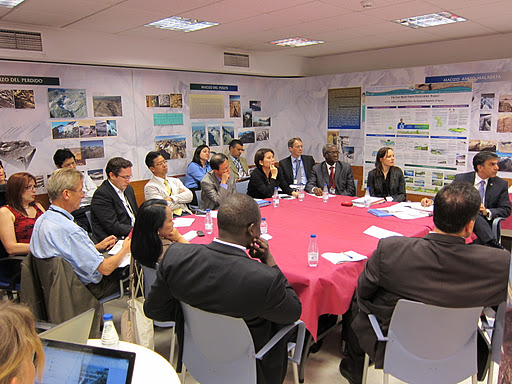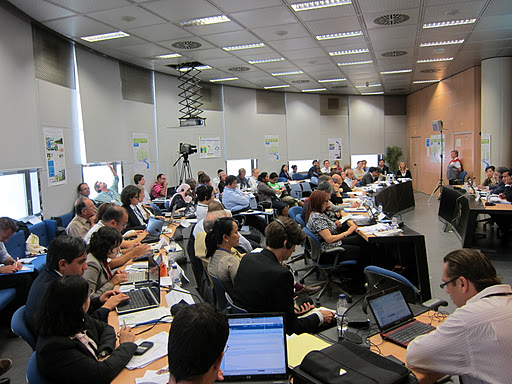- ON THE DECADE
- THE DECADE'S CAMPAIGN
- REPORTING ON PROGRESS
- THE DECADE'S PROGRAMMES
- FOCUS AREAS
-
- Access to sanitation
- Financing water
- Gender and water
- Human right to water
- Integrated Water Resources Management
- Transboundary waters
- Water and cities
- Water and energy
- Water and food security
- Water and sustainable development
- Water and the green economy
- Water cooperation
- Water quality
- Water scarcity
- FOCUS REGIONS
- RESOURCES FOR
- UN e-RESOURCES
International UN-Water Conference. Water in the Green Economy in Practice: Towards Rio+20. 3-5 October 2011
A picture is worth a thousand words
Conference Book
This conference book presents main outcomes of the International UN-Water Conference 'Water in the Green Economy in Practice: Towards Rio+20', which took place in Zaragoza, Spain, from 3 to 5 October 2011.
Chapter 1. Water on the Road to Rio+20 [ - 426 KB]
- 426 KB]
This section introduces main challenges of the 2012 United Nations Conference on Sustainable Development and the water roadmap towards the Rio+20 conference.
Chapter 2. Challenges and opportunities for water in the transition to a green economy [ - 488 KB]
- 488 KB]
Making the shift to the green economy requires that all economic sectors work towards the three-part objective of accelerating economic growth, reducing poverty and inequities, whilst aligning these advances with improvements in the environment. With regards to water, sustained efforts are needed to address the challenges and harness opportunities in agriculture, industries, cities and watersheds. These are introduced and discussed in this section.
Chapter 3. Thematic conference papers [ - 3.4 MB]
- 3.4 MB]
This section contains the papers prepared for the conference by the session conveners and case study representatives. Each session of the conference includes an overview paper providing an introduction to the tool or the region, as well as case study papers.
Chapter 4. Conference summary: Water in the Green Economy in practice [ - 563 KB]
- 563 KB]
This section presents a summary of the presentations and discussions of the plenary sessions and side events of the conference. Each plenary session comprised of an overview presentation made by the session convenor and a questions and answers discussion with the panellists. The panellists represented specific case studies from around the world which demonstrate the successful implementation of the tools. This section concludes with key messages derived from the conference.
Chapter 5. The way forward [ - 439 KB]
- 439 KB]
This section introduces key water-related events on the roadmap towards Rio+20, main concerns about the future of the Millennium Development Goals, the role of UN-Water on the road to Rio and beyond and. This section also contains the UN-Water Statement for the Rio+20 Summit.
Annex 1. Water toolbox: A contribution to Rio+20 [ - 640 KB]
- 640 KB]
As a contribution to the Rio+20 process, this water toolbox -or best practice guide of actions, instruments and policies- is an output from the conference. The objective of this document is to provide proposals based on the analysis of existing practice, reflecting specifically on lessons from implementation, scaling up and the relevance for developing and transition countries. The water toolbox proposes six tools which can be used to promote change and support the transition towards a green economy: (1) economic instruments; (2) sustainable financing; (3) investments in natural capital; (4) technology; (5) green jobs; and (6) water planning.
>> Presentation of the water toolbox [911 KB -  ]
]
Annex 2. Feedback report [ - 431.6 KB]
- 431.6 KB]
This report analyses the feedback on the content and format of the conference, provided by the participants and organisers. It also highlights some specific lessons learnt identified by the organisers.
Annex 3. Communications report [ - 0.98 MB]
- 0.98 MB]
This report presents main results from communication efforts of the conference, which include social media as well as audio and visual media.
Statements from UN Agencies
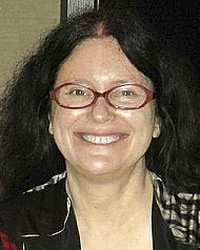 Ms Gretchen Kalonji. Assistant Director-General for Natural Sciences, United Nations Educational, Scientific and Cultural Organization
Ms Gretchen Kalonji. Assistant Director-General for Natural Sciences, United Nations Educational, Scientific and Cultural Organization
(UNESCO ).
"Our common efforts should lead to building green societies based on a global culture of sustainability and the efficient management of our scarce water resources. Measuring our ecological footprint is an indispensable foundation of green societies, upon which the green economy must be based."
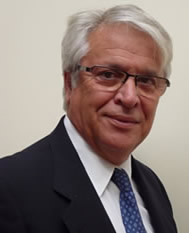 Mr. Joan Clos. Executive Director of the United Nations Human Settlements Programme (UN-Habitat).
Mr. Joan Clos. Executive Director of the United Nations Human Settlements Programme (UN-Habitat).
"The central tenet of the green economy is that environmental sustainability and economic growth can develop harmoniously. Cities are crucial to leveraging this mutually-supportive opportunity by reducing the spatial footprint of development and allowing for shared infrastructure which itself reduces emissions and resource use."
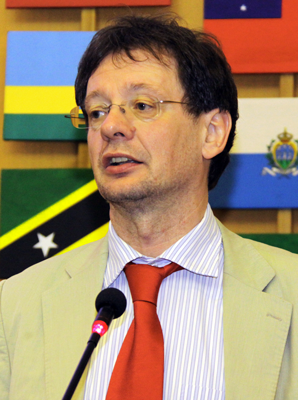 Mr. Alexander Müller. Assistant Director-General Natural Resources Management and Environment Department. Food and Agriculture Organization of the United Nations (FAO).
Mr. Alexander Müller. Assistant Director-General Natural Resources Management and Environment Department. Food and Agriculture Organization of the United Nations (FAO).
"...a lot needs to happen in terms of how we irrigate. Old, rigid systems of water distribution in large irrigation schemes will need to be replaced by much more flexible ones, offering more reliable water supply, and therefore allowing for progressive, higher value crops diversification. In such modernized systems, drip irrigation will play an important role in boosting water use efficiency and productivity."
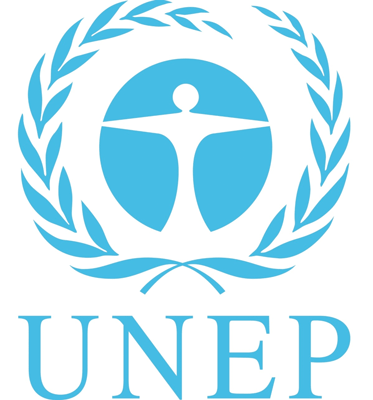 United Nations Environment Programme (UNEP)
United Nations Environment Programme (UNEP)
"Integrated approaches to water resources management are being implemented and are having impact on the ground. A recent global survey on water resources management shows that most governments have made progress with water sector reform to adopt principles of integrated management of water resources and are working through the process from policy to laws, strategies and plans. However progress with national implementation does take a long time and some countries have difficulty moving beyond the first political steps."
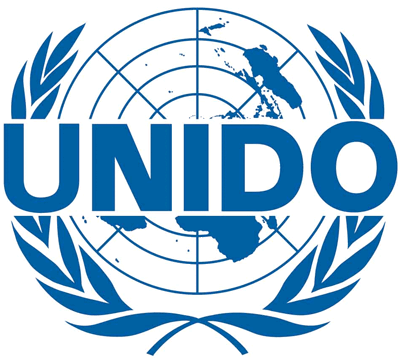 United Nations Industrial Development Organization (UNIDO)
United Nations Industrial Development Organization (UNIDO)
"As industry and sustainable development must go hand in hand, the influences of water on industry and industry on water are central to progress. While in the optimistic sense, the statistics show that industry, in the macro view, is neither the largest user of water nor the worst polluter in terms of loads, its effects can be and are very significant, particularly on regional and local scales. Industrial contamination tends to be more concentrated, more toxic, more persistent and harder to treat."
>> Conference Home
>> Statements from UN Agencies
>> Video recording of sessions

>> Ch1 Water on the Road to Rio+20
>> Ch2 Challenges and opportunities for water in the transition to a GE
>> Ch3 Thematic conference papers
>> Ch4 Conference summary: Water in the GE in practice
>> Ch5 The way forward
>> A1 Water toolbox: A contribution to Rio+20
>> A2 Feedback report
>> A3 Communications report
>> Case papers by tool
>> By region 
>> Developing countries 
>> Developed countries 
>> Agenda 
>> Economic instruments
>> Green jobs
>> Sustainable financing
>> Investments for biodiversity protection
>> Water technology
>> Water planning
>> ESCWA region
>> LAC region
>> Conference daily
>> Interviews with case presenters 
>> Presentations
>> Communications articles
>> Conference media brief 
>> Daily press notes
>> Interviews with session conveners
>> Issues information briefs
>> Tools information briefs
>> Banners
>> Reader on water and the Green Economy 
>> Conference poster 
 >> Discussion forum
>> Discussion forum
 >> Twitter
>> Twitter
>> Water, energy and food security
>> Spanish Business Dialogue
>> Stakeholder dialogue on the Green Economy in Spain
>> Technical visit
>> Organizers
>> Participants
>> Conference committee
>> Rationale
>> Tools
>> Expected outcomes
>> 2nd UNCSD PrepCom
>> Road map to Rio+20
>> Key questions on GE
Copyright | Terms of use | Privacy notice | Site Index | Fraud alert | Help







